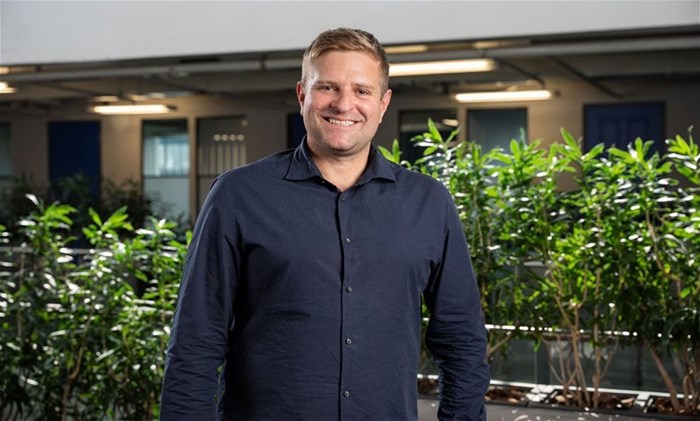
Related
Top stories





Marketing & MediaAds are coming to AI. Does that really have to be such a bad thing?
Ilayaraja Subramanian 16 hours

More news
















Referred to as the partnership economy, this transformative approach has not only spurred impressive growth and innovation but has also played a pivotal role in propelling economic advancement. Its impact extends beyond individual companies, creating a ripple effect that benefits the entire economic ecosystem.
A standout example is the successful collaboration between Mr D, a food delivery platform, and Pick n Pay, one of South Africa's largest supermarket chains.
Initially launched in October 2022 with a limited number of stores, the collaboration swiftly expanded, reaching over 300 stores within a year. The success of this partnership is attributed to Pick n Pay's extensive store network and product offerings combined with Mr D's 2.5 million active customer base and a robust fleet of 15,000 scooters for efficient delivery.
Beyond the economic impact, the partnership economy facilitates the expansion and diversification of business offerings.
Alex Wörz, CEO at Mr D, emphasises the essence of partnership, stating, "Partnerships are about multiple parties bringing their strengths to the table. The fit between Mr D and Pick n Pay lies in each party contributing what they excel at, creating synergies that wouldn't be achievable independently. There are many ways that businesses can enter into a partnership economy that is mutually beneficial. In this instance combining a food delivery platform with a network of local stores creates a one-stop-shop for South Africans' grocery needs."
Wörz further underscores the broader implications of the partnership economy, especially for brick-and-mortar stores entering e-commerce. He emphasises that businesses need not overhaul their operating models but can take gradual steps into e-commerce by embracing innovation, advanced technology across platforms and leveraging existing supply chain and distribution models.
In addition to collaboration, technology plays a pivotal role in scalability. Platforms like Mr D consolidate consumer bases, providing technology that enables businesses to list products, making them discoverable. Logistics, driven by algorithms and technology, ensures efficient delivery in diverse geographies.
Looking ahead, Wörz, envisions that innovations in technology, including more seamless integration between online and offline will make shopping and the product discovery journeys more user-friendly, convenient, and cost-effective for South African consumers who are increasingly finding themselves both time- and cash-strapped.
Wörz closes stating that, ‘"the partnership economy is not just a trend but a transformative force shaping the future of businesses, and as the market comprehends its trajectory, the momentum towards collaboration and innovation shows no signs of slowing down."